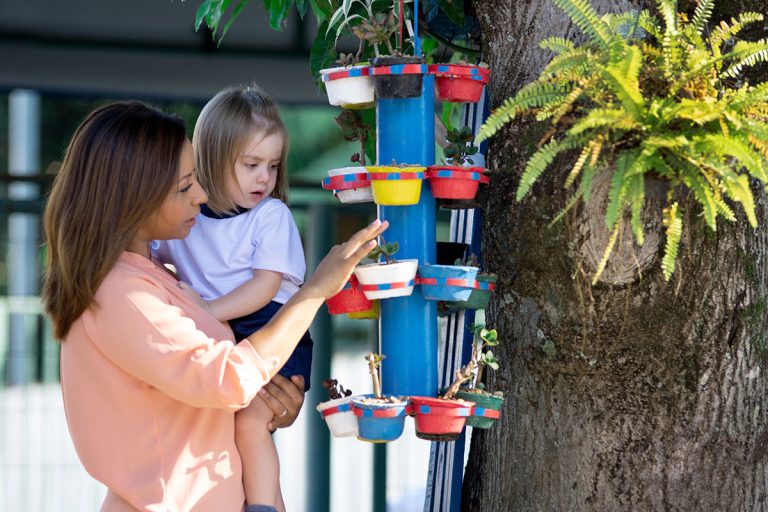As an early years childcare apprenticeship provider, WMC Training is here to help you navigate the recently updated Ofsted inspection framework. The new ‘Early years inspection toolkit’ is designed to help leaders and staff better understand the inspection process and to support their self-evaluation and continuous improvement.
Here is a simplified summary of the key changes and what they mean for you and your setting.
1. Gathering Evidence: It’s About What You Do, Not What You Write
The new toolkit clearly states that inspectors will focus on the impact of your systems and processes, not on paperwork. They will primarily gather evidence through:
Professional conversations: Engaging in discussions with you and your staff.
Observing day-to-day practice: Watching how your setting operates in real-time.
What you need to know:
- You are not required to produce any specific documents just for an Ofsted inspection.
- The toolkit emphasises that this would create an “unnecessary workload”.
- Any documentation you are asked to show should be part of your normal business processes or related to statutory requirements.
This shift means your focus should be on the quality of your practice and being able to explain it, rather than on creating documentation for inspection purposes.
2. Safeguarding: A Culture of Vigilance
The toolkit reinforces that safeguarding is a collective responsibility for everyone in the setting. Inspectors will be looking for an “open and positive safeguarding culture” that puts children’s interests first.
What you need to know:
- Vigilance is key: Staff must be vigilant and maintain an attitude of ‘it could happen here’.
- Empowered staff: All staff should be well-trained to understand their responsibilities and feel empowered to speak out if they have concerns.
- Multi-agency working: Leaders must have strong, purposeful links with outside agencies and work collaboratively with professionals like social workers.
3. Inclusion: High Expectations for Every Child
Inclusion is a major focus, and the toolkit provides detailed guidance on how inspectors will evaluate the support for all children. This includes children who are socioeconomically disadvantaged (eligible for EYPP), those with SEND, and those with a social care background.
What you need to know:
- Early and accurate assessment: Leaders and practitioners should quickly and accurately identify children’s emerging or changing needs.
- The Graduated Approach: For children with SEND, inspectors will look for evidence that you use the ‘assess, plan, do, and review’ cycle to provide an appropriate level of support.
- EYPP Strategy: You should have a clear and well-thought-out Early Years Pupil Premium (EYPP) strategy, and the use of the funding should be monitored to show a positive impact on children’s achievement and well-being.
4. Curriculum and Teaching: It’s More Than Just Activities
The toolkit provides a very broad definition of ‘teaching,’ making it clear that it’s not just about formal instruction. It encompasses the many ways adults help children learn.
What you need to know:
- Teaching is… interactions during play, modelling language, showing, explaining, questioning, and even providing a narrative for what you are doing.
- An Ambitious Curriculum: Your curriculum should be well-sequenced to help children gain knowledge and skills incrementally, preparing them for the next stage of education, including school.
- Focus on Foundational Skills: A strong emphasis is placed on communication and language development, which underpins all other areas of learning.
5. What to do to prepare:
To prepare your setting for an Ofsted inspection and to support continuous improvement, we recommend focusing on the following:
- Review your practices: Use the new toolkit as a guide for self-evaluation. Go through each section—Safeguarding, Inclusion, Curriculum and Teaching, Achievement, Behaviour, Attitudes and Routines, Children’s Welfare and Well-being, and Leadership and Governance—and honestly assess your strengths and areas for development.
- Empower your staff: Ensure all staff members are confident in their roles, understand your setting’s policies and procedures, and know they are supported to voice concerns.
- Prioritise children: The toolkit’s core message is about putting children first. Ensure that every decision, policy, and practice is centred on promoting their safety, well-being, and learning.
At WMC Training, we are committed to supporting you every step of the way. We believe that a well-prepared team is a confident team, and this new framework provides an excellent opportunity to reflect on and celebrate the incredible work you do every day.
Download the full Ofsted Early Years Inspection Toolkit HERE.






